Discover the essentials of hydration for animals. Learn about hydration needs, monitoring techniques, and effective management strategies for pets and livestock.
Hi there! Keeping animals well-hydrated is very important. Proper hydration means they stay healthy and active. Each animal needs different amounts of water. You’ll find out how to check if they’re hydrated and what to do if they are not. We will cover how to manage hydration for pets, livestock, and wildlife. You’ll also learn about using electrolytes and preventing dehydration. Stay tuned to get the best tips on keeping your animals happy and healthy!
Understanding Hydration and Its Importance for Animals
Hydration is a fundamental aspect of health for all living beings, including animals. Proper hydration is crucial for maintaining an animal’s overall well-being, performance, and quality of life. Let’s delve into why hydration is so vital and what it means for different animals.
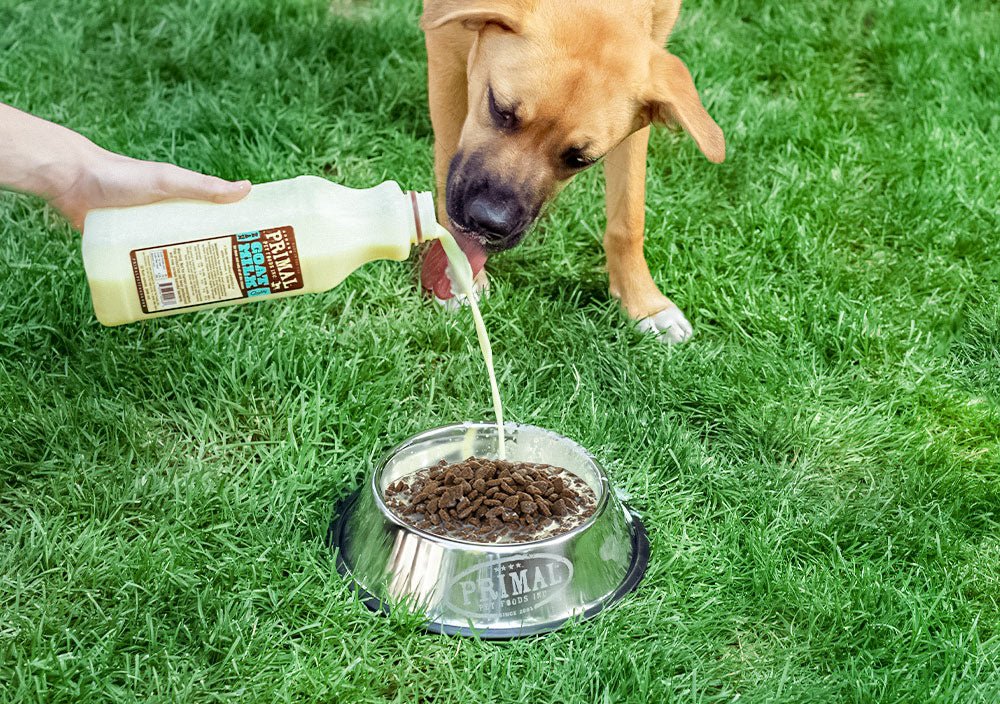
The Significance of Hydration
Hydration refers to the balance of fluids within an animal’s body. It plays a key role in numerous physiological processes, including temperature regulation, nutrient transport, and waste elimination. Without sufficient water, animals can experience a range of health issues, from decreased energy levels to severe dehydration.
Benefits of Proper Hydration
Maintaining the right hydration levels helps:
- Support bodily functions such as digestion and circulation.
- Enhance physical performance, especially in active or working animals.
- Boost immune system function, aiding in disease prevention.
Conversely, dehydration can lead to serious health problems, including kidney failure, decreased cognitive function, and even death. It is crucial to address hydration proactively to avoid these issues.
Hydration Needs of Different Animal Species
Hydration requirements can vary significantly between different species. Each animal has unique needs based on factors such as size, activity level, and environment.
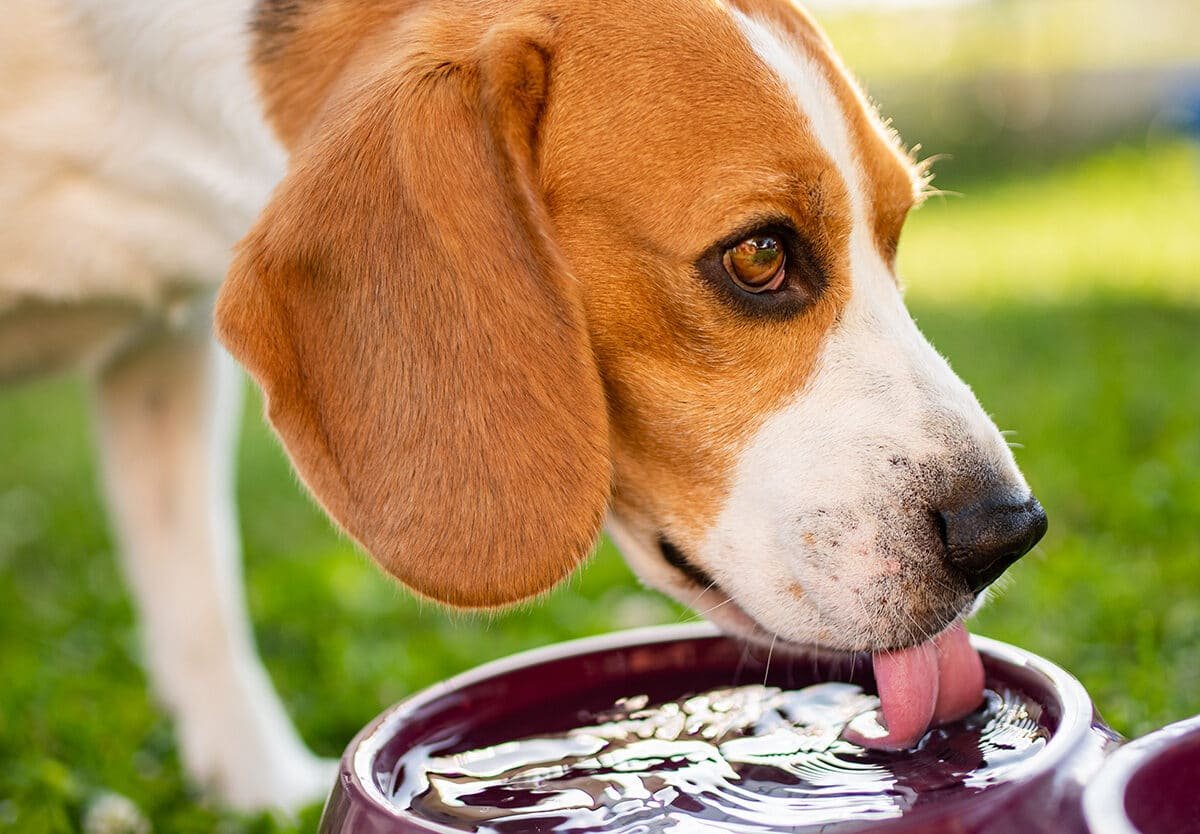
Species-Specific Hydration Strategies
- Mammals like dogs and horses need consistent access to clean, fresh water to stay hydrated.
- Birds may require special attention to their water sources, as they often consume water differently than mammals.
- Reptiles have unique hydration needs depending on their habitat, with some requiring high humidity and frequent water access.
Examples of hydration needs include the high water intake required for active dogs or the specialized hydration needs of desert-dwelling reptiles.
Measuring and Monitoring Hydration Levels
Understanding whether an animal is properly hydrated involves several indicators and methods.
Indicators of Hydration Status
- Skin elasticity: In hydrated animals, the skin will return to its normal position quickly when pinched.
- Urine color: Clear or light-colored urine generally indicates good hydration, while dark urine may signal dehydration.
Methods for Assessing Hydration
- Hydration tests such as skin tenting or checking mucous membranes can provide quick assessments.
- Regular monitoring practices are vital, particularly for animals at risk of dehydration or those with health conditions affecting fluid balance.
Managing Hydration in Domestic Animals
Ensuring that pets and other domestic animals stay hydrated is a critical part of their care.
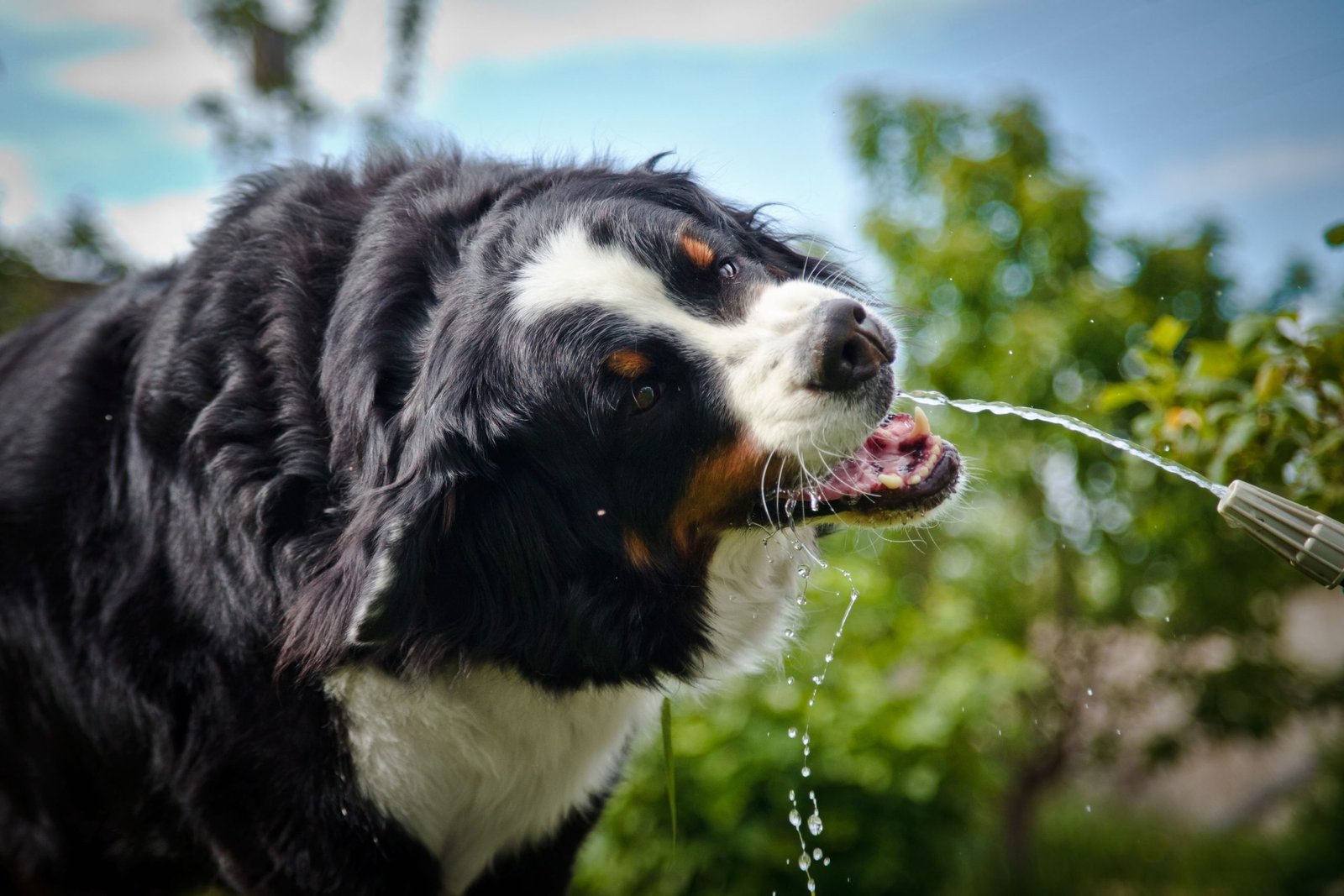
Hydration in Pets
- Provide constant access to clean, fresh water.
- Monitor water intake and adjust based on activity level and environmental conditions.
Hydration During Illness
When animals are ill, they may need extra attention to their hydration. Offering electrolyte solutions or specialized fluids can help maintain their fluid balance.
Hydration in Livestock and Farm Animals
Farm animals also have specific hydration needs that must be managed carefully.
Hydration Needs for Farm Animals
- Cattle, sheep, and poultry all require different amounts of water depending on their size, age, and production stage.
- Effective hydration strategies include providing ample water sources and ensuring water quality.
Impact of Hydration on Productivity
Proper hydration can enhance productivity by improving overall health and performance in livestock.
Hydration for Wildlife and Exotic Animals

Wildlife and exotic pets present unique challenges for hydration management.
Hydration in Wild Animals
In the wild, animals have adapted to their environments with various hydration strategies. For instance, some wildlife get their water intake from their diet, while others rely on natural water sources.
Challenges and Solutions
Exotic pets, such as reptiles or tropical birds, may need specialized care to meet their hydration needs. Understanding their natural habitats can help provide appropriate water sources and conditions.
Addressing Dehydration and Preventive Measures
Preventing and addressing dehydration is crucial for animal health.
Identifying Dehydration
Look for signs such as lethargy, dry mouth, or sunken eyes. Prompt action can prevent more severe health issues.
First Aid for Dehydration
Immediate steps include offering water or electrolyte solutions and contacting a veterinarian if symptoms persist.
The Role of Electrolytes in Hydration
Electrolytes are essential for maintaining fluid balance and hydration.
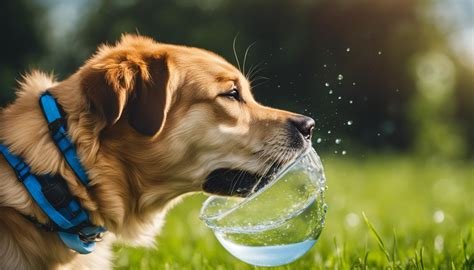
Understanding Electrolytes
- Electrolytes like sodium, potassium, and chloride are vital for proper hydration and cellular function.
- Imbalance can lead to health issues, so maintaining a proper balance is crucial.
Sources of Electrolytes
Provide electrolytes through water or specialized supplements to help manage and prevent imbalances.
Hydration and Animal Health Management
Incorporating hydration into an animal’s overall health management plan is essential.
Integrating Hydration into Health Plans
Ensure that hydration strategies are part of regular health assessments and care routines.
Hydration and Disease Prevention
Adequate hydration supports overall health and can help prevent various diseases.
Hydration Myths and Facts
Clearing up common misconceptions about animal hydration can help ensure proper care.
Common Misconceptions
For example, the myth that all animals drink the same amount of water can lead to inadequate hydration practices.
Evidence-Based Facts
Reliable information on hydration practices helps in providing the best care for animals.
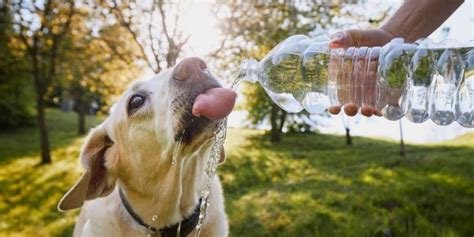
To sum up, proper hydration is vital for all animals, from pets to livestock and wildlife. Understanding their specific needs and monitoring hydration can prevent serious health issues. If you found this article helpful, please leave a comment, share it with others, or explore more content on our website. Your feedback helps us provide valuable information!
FAQs about Hydration
What is Hydration and Why is it Important?
Hydration refers to the process of maintaining the balance of fluids in your body. It is crucial because it supports essential bodily functions such as regulating temperature, aiding digestion, and keeping cells healthy. Proper hydration helps maintain energy levels and overall health. Without sufficient water, dehydration can occur, leading to various health issues.
How Much Water Should You Drink Daily?
The amount of water needed daily varies depending on factors like age, weight, and activity level. A common recommendation is to drink 8 glasses of water a day, but this can differ. For adults, about 2.7 liters for women and 3.7 liters for men are often suggested. Adjustments should be made based on climate and physical activity.
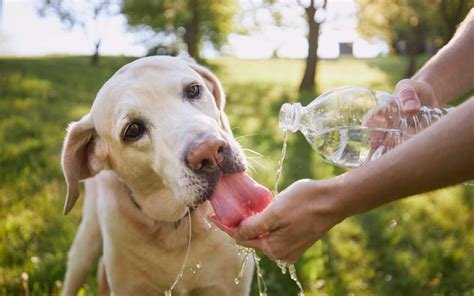
What Are the Signs of Dehydration?
Signs of dehydration include dry mouth, dark yellow urine, fatigue, and dizziness. In severe cases, symptoms can escalate to rapid heartbeat and confusion. Monitoring these signs and drinking adequate fluids can prevent dehydration and its adverse effects.
How Does Hydration Affect Physical Performance?
Proper hydration is essential for optimal physical performance. When hydrated, your body can regulate temperature more effectively and maintain energy levels during exercise. Dehydration can lead to decreased endurance, increased fatigue, and impaired cognitive function. Therefore, staying hydrated is key to enhancing athletic performance and recovery.
Can You Overhydrate?
Yes, overhydration, or water intoxication, can occur if you drink excessive amounts of water in a short period. This can dilute electrolytes in the body, leading to symptoms such as headache, nausea, and in severe cases, seizures. It’s important to balance fluid intake and listen to your body’s signals.